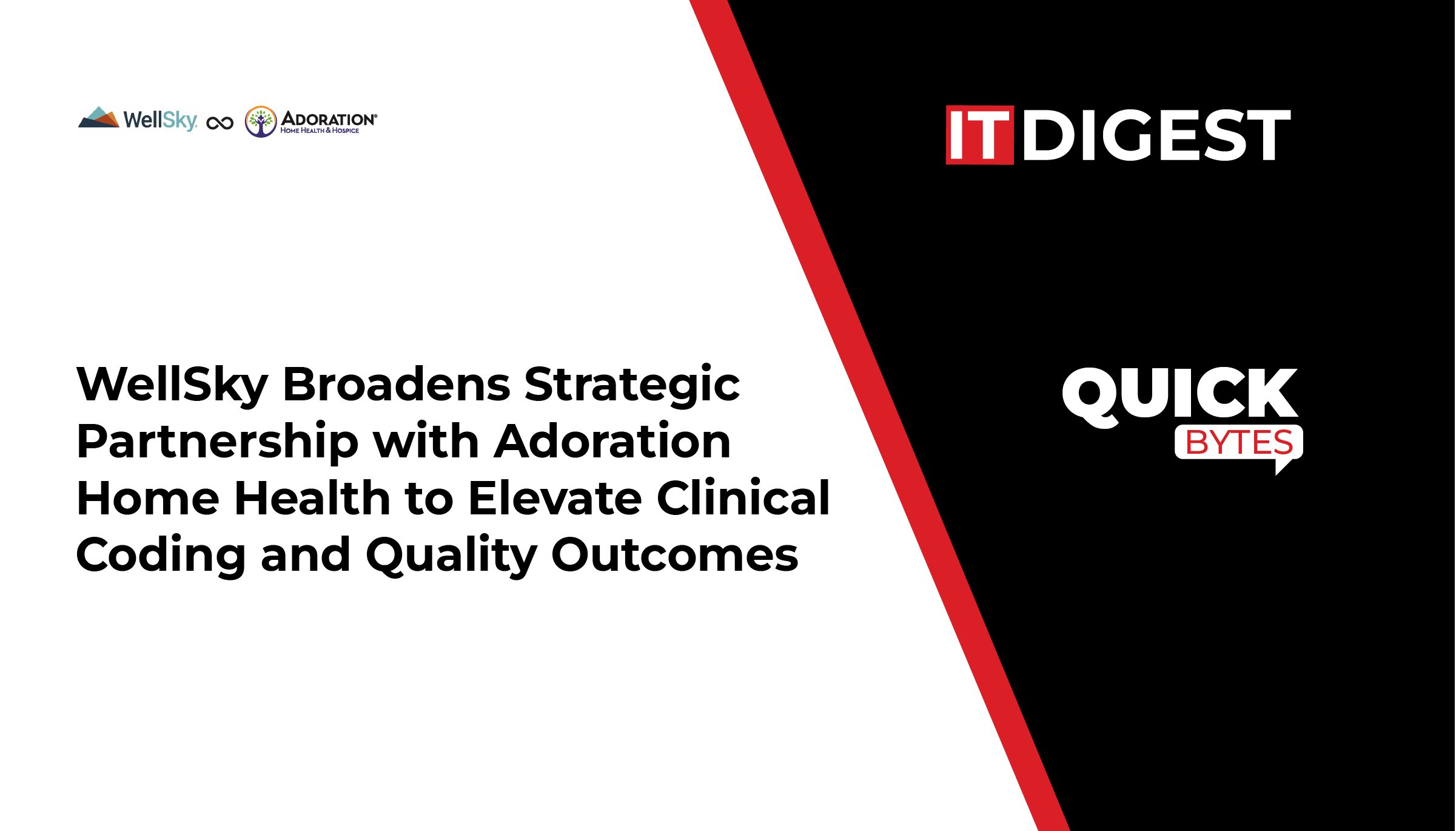Ask Avo is Much More Than a Clinical ChatGPT – It Enables Clinicians to Receive Real-Time Recommendations and Complete Routine Tasks by Leveraging Patient Data from Nationwide Health Information Exchanges and Evidence-Based Guidelines
Avo announced the launch of Ask Avo, a first-of-its-kind, customizable AI consult tool that seamlessly integrates into Electronic Health Records (EHR) systems. Ask Avo leverages patient data, local population context, institutional pathways and protocols, and continually updated society guidelines to ensure trustworthy and relevant responses to complex clinical questions.
Ask Avo acts as a “digital front door” for clinicians, helping them navigate their complex EHR with ease. Ask Avo is actionable, allowing providers to ask for a patient chart summary pre-visit, a care gaps analysis, an ambient note, an order placement, and more. This unique combination of clinical decision support paired with real-time actions not only enhances provider decision-making but also saves them valuable time and improves patient outcomes.
Ask Avo’s early adopters include SUNY Downstate, Driscoll Children’s Hospital, Harbor Health, and NeighborHealth (formerly East Boston Neighborhood Health).
Ask Avo is the latest addition to the Avo platform and can be used as a single interface for providers to leverage Avo’s other EHR-integrated workflow tools. Other Avo tools include Avo Pathway, a medical reference tool customizable to health system guidelines, and Avo Assistant, a set of end-to-end clinical workflows that help automate everyday tasks like pre-charting, care planning, documentation, and ordering.
“As a hospitalist tasked with treating patients with complex issues within just a few minutes, I struggled to quickly grasp all of the scattered information from their medical records and treat them according to my health system’s unique guidelines,” said Dr. Joongheum Park, Chairman and co-founder of Avo. “Our goal was to build a supercharged ‘Siri-meets-ChatGPT’ for the EHR, allowing clinicians to navigate the patient chart within seconds, and do so in a way that answers questions according to the latest and most relevant evidence.”
Also Read: ZEISS Launches New Robotic Visualization System for Neurosurgery
“AI technology can be an amazing asset for clinicians and health systems, but only if done thoughtfully. The Avo team studied the current AI consult tools market and saw a major gap between what the current technology offers and what practitioners actually want,” said Yair Saperstein, MD MPH, co-founder and CEO of Avo. “Ask Avo was inspired by the ethos of our entire Avo platform – to build tools that clinicians love. With EHR integration, a fully customizable and easy-to-deploy model, and a relentless focus on relevance, actionability, and trustworthiness, Ask Avo is the AI tool clinicians and health systems need.”
David Berger, CEO of SUNY Downstate Medical Center said, “Avo has been our AI partner across ambient listening with decision support and medical calculators, and we are excited to expand our work together with the launch of Ask Avo at SUNY Downstate, an AI consult tool that we expect to help reduce unnecessary referrals and improve quality of care.”
As healthcare institutions have adopted AI technologies, clinicians remain skeptical of their usefulness. These tools can be challenging for institutions to deploy or see positive outcomes from due to the following reasons:
- No EHR Integration or Actionability: Tools not integrated into the EHR are never top-of-mind for clinicians and therefore require a huge investment from health systems to drive up adoption. Additionally, point solutions slow clinicians down instead of streamlining everything they need in one place.
- One-Size-Fits-All & Resource-Intensive: AI consult tools currently in the market simply produce a basic clinical summary, aren’t customizable, and lack critical, hospital-specific guidelines that meet the needs of local populations. Additionally, many tools require a tremendous amount of time and effort for IT teams to create, implement, and maintain.
- Untrustworthy & Opaque: Studies have shown that, especially in healthcare, ChatGPT is prone to hallucinations and incorrect or irrelevant source citations, in some cases referencing research that does not even exist. Health system decision-makers often lack insight and control into how AI tools on the market will guide their clinicians.
With medical evidence changing frequently and clinician burnout rising, healthcare systems are searching for new ways to help clinicians become more efficient while not losing sight of personalized, high-quality patient care. AI has much promise but poses unique risks and challenges if not designed and implemented with the patient and the clinician in mind.
Source: PRNewswire

































